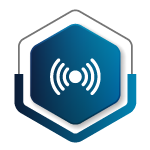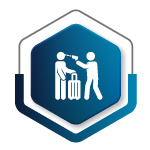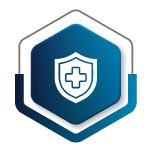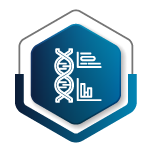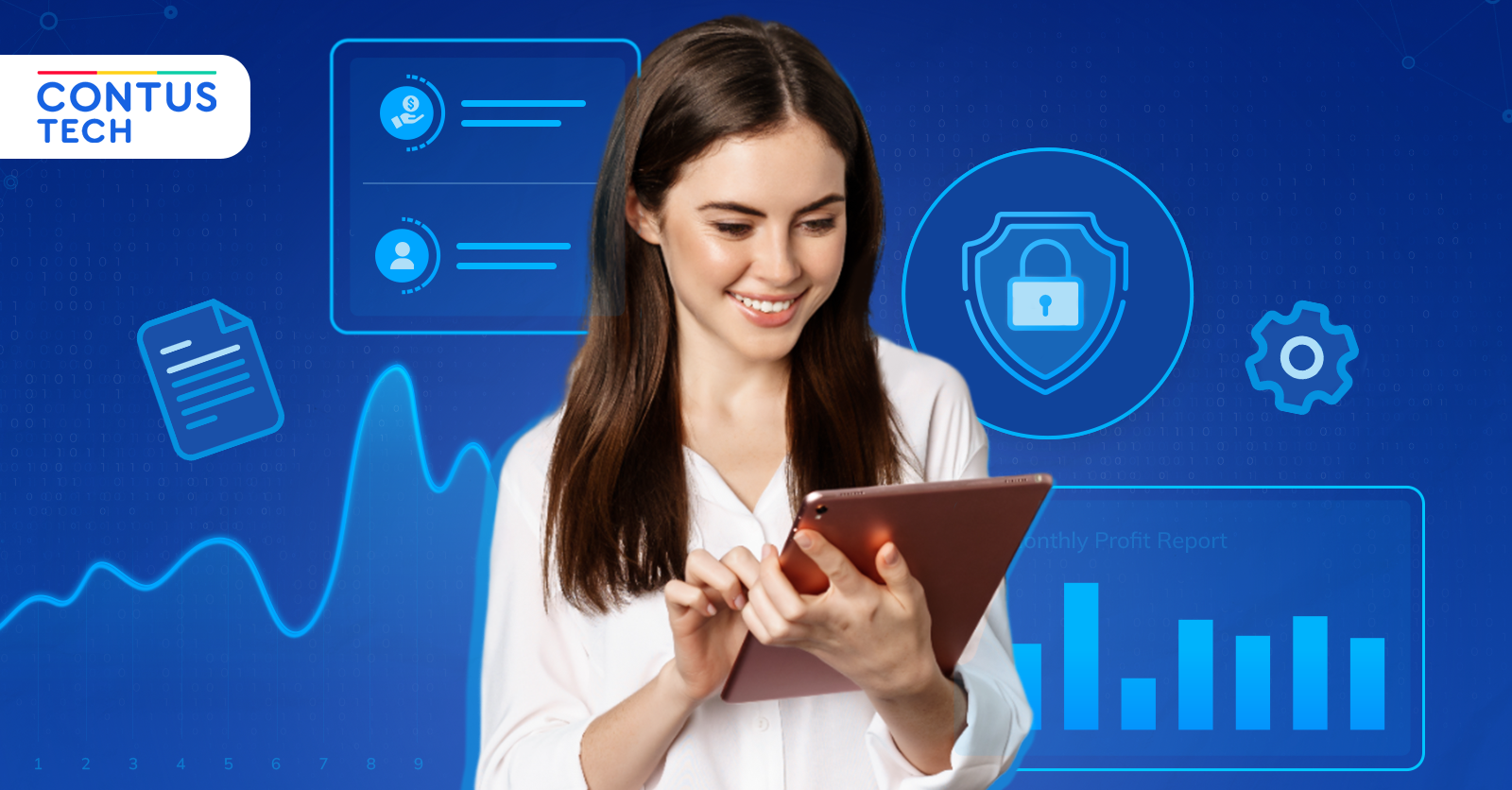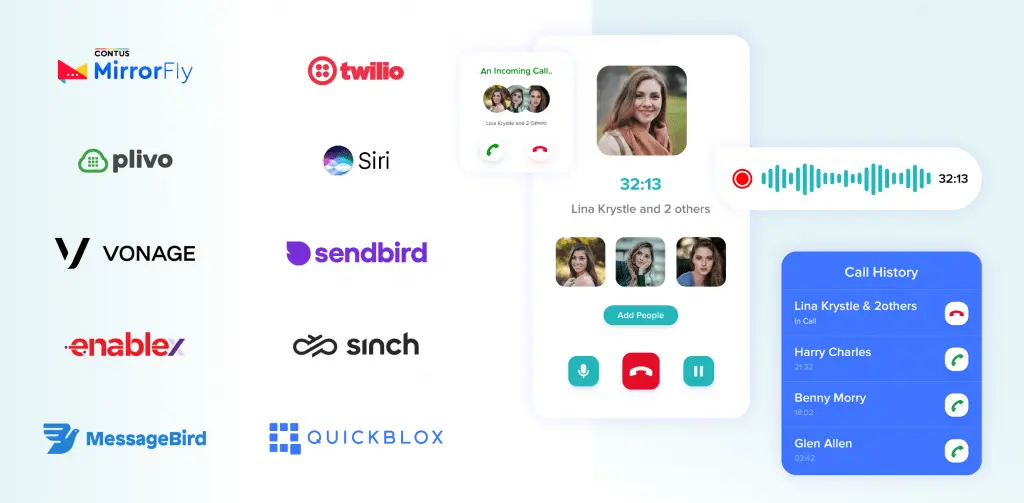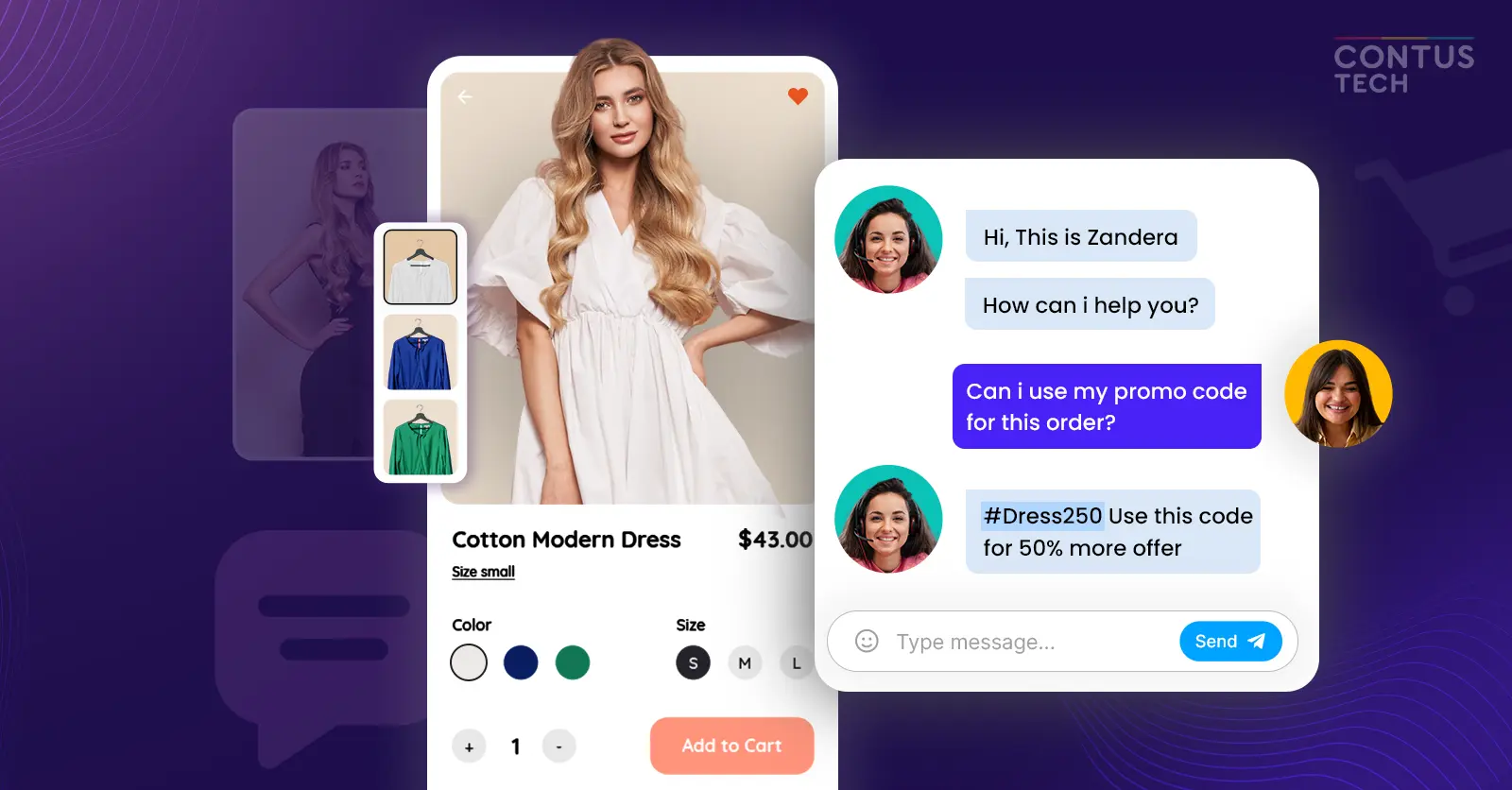IoHT – New Era of Remote Patient Monitoring System

To embrace the Internet of things technology in the healthcare system, proper infrastructure support equipped with cutting edge technology is important. Over the last decade, the developing countries have also seen tremendous growth in the smart healthcare system which was initially streamlined by the western countries alone.
According to an article published in autodesk.com, Nexleaf Philanthropic Relations Coordinator Natalie Evans says “IoT and sensor technologies have an incredible potential to overcome resource and infrastructure challenges in low-income countries.” The App association forecasts predicted that 40% of the connected healthcare market will come from developing countries.
How Smart healthcare solutions help various Healthcare applications
“Connecting the medical devices for better collaboration through the internet of things is the concept behind the Internet of healthcare things”
Table of Contents
IoT for Patients
Smart wearable devices for patients is an excellent technology which monitors and alerts the healthcare professional for any abnormal health patterns or even emergency situation. These are particularly useful for remote patients, senior citizens who live by themself.
Patients can now easily keep track of their heart rate, blood pressure, calorie intake and much more. These stats help doctors to analyze the patient’s medical history and from the real-time data, the medicines and the treatment plan can be modified accordingly.
IoT for Physicians
Now the clinical staff can get the patient’s whole database with a simple web browser. IoT solutions in the medical sector help to maintain the transparency of patient detail across departments which helps the physicians to quickly know the current health status with a single dashboard system
In critical medical care like cancer, the Internet of things provides early detection mechanisms and streamlines the drug delivery system to a whole new level. More IoT-based smart data-driven decisions are made possible through the collaboration of medical researchers, scientists, medical practitioners including Oncologists, neurologists, anaesthesiologists along with pharmaceutical companies by connecting the medical devices, patient’s data and behavioral patterns.
IoT for Hospitals
Device Theft can be avoided with the help of the medical asset’s geo-fencing and movement detection sensors. That is, when medical equipment is moved beyond the permitted radius, the notification and theft alert system alarms the concerned centralized hub notifying the required personnel.
Automatically regulating the electric lighting system in the hospital not only saves the annual utility bill but also helps to sync with the circadian rhythm of the cancer patients. Predictive maintenance of high-end medical equipment can prevent huge maintenance costs or parts replacement by regular sensor-based IoT monitoring systems for tracking medical asset’s health.
IoT for Health Insurance Companies
IoT based health insurance has managed to change the traditional long-term policies to several short-term medical insurances with a customized plan that is tweaked as per the data health issues and needs of each customer. IoT’s precise data collection is the key to this drastic change where the customers need not be at the risk of losing funds during medical emergencies.
Insurance companies along with IoT solutions can now optimize their health care plans and improvise the patient’s experience by providing virtual 360-degree visits, telemedicine systems and explore their latest medical advancements prior to their hospital visit.
The Role of IoT in the Healthcare Industry
Sensors & smart devices
According to a report by Grand View Research, Smart Healthcare solution is expected to reach 409 billion US dollars within 2022.
As a matter of fact, there are several thousands of smart medical wearables and smart inhalers with meter reading worldwide for getting accurate data and sending them across the mobile devices for analysis by medical professionals.
Biosensors
Biosensors are exclusively created for the medical practitioners where the critical everyday medical metrics are recorded, stored and transmitted over wireless networks across multiple platforms.
Diabetes patients now can record glucose levels, monitor heart rate, oxygen level and track the sensitive data which helps to improve the health conditions of chronic disease patients.
Patient health portals
To keep things simple and understandable by even a layman, the healthcare portals are essential as they serve as the first entry point for both patients and doctors. Many IoT healthcare application software provides an easy to use portal where the patient can quickly register, schedule appointments and make secure online payment as well.
Also, commuting can be greatly reduced by viewing the lab test reports or getting expert tips online like nutritionist on-demand services or to consult a doctor instantly all can be made possible with an efficient healthcare online system.
ML applications
Extracting data from a large paramount of data can be a daunting task if done manually. Machine Learning algorithms help the Healthcare sector greatly by analyzing the medical records of each patient diligently in a timely and systematic order.
Machine learning leveraged intelligent data analytics which not only reduced human errors but also streamlined the clinical trials in the R&D department more precisely by effectively mapping the data points which came from different data sources.
IoT applications in healthcare industry benefits patients, physicians, hospitals and insurance companies. Let’s dive deep to know each in detail.
Applications of IoT in Healthcare
Telehealth/ Patient Monitoring
A patient-centric model is created through e-healthcare solutions.
- Diagnosis through sensor devices remotely
- Troubleshoot of remote devices as and when required
- Visual representation of the data for better understanding
- Portable healthcare monitoring devices
Connected Medical devices
Smart integration of medical assets, critical equipment, wearables to centralized portals accessed by patients, physicians, and caretakers.
- Getting real-time data for analyzing the medical history, current status, etc.
- Remote monitoring of the connected devices
- Managing device inventory alerts
- Storing the data with OTA updates
Smart Hospital
Providing world-class healthcare medical treatment through IoT healthcare solutions
- The enhanced patient-delivery care model
- Reduced system errors
- Improved drug management & cloud computing to store/analyze the patient data
- Faster reimbursements
NFC-Based IoT Solutions
Combining the IoT solution with that of NFC technology provides a logical function that increases product efficiency significantly.
- Automatic interactions between devices
- Patient engagement
- Seamless product integration
Conclusion
The digital health solution is the trendsetter over the legacy healthcare solution. This digital transformation was made possible by various IoT development companies who work with current IoT technologies for building a better patient-doctor relationship and stepping into predictive maintenance of the critical healthcare assets to reduce the cost and increase the quality of the overall healthcare services worldwide.

